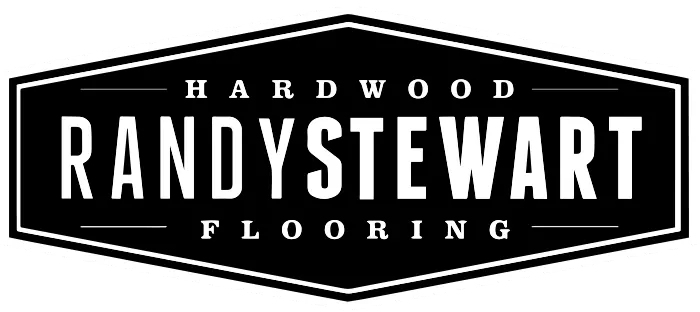Okay, let’s talk floors. You’re thinking about upgrading, right? Maybe your old carpet is worn out, or you’re just ready for a fresh look. And you’re probably stuck between two fantastic options: luxury vinyl plank (LVP) and hardwood. I get it! It’s a big decision.
After all, your floors are a major part of your home’s aesthetic and functionality. You want something that looks great, lasts long, and fits your lifestyle. But with so many choices, it’s easy to feel overwhelmed.
Don’t worry; we’re going to break down the key differences between LVP and hardwood so you can make an informed decision and get the floors you’ve always wanted.
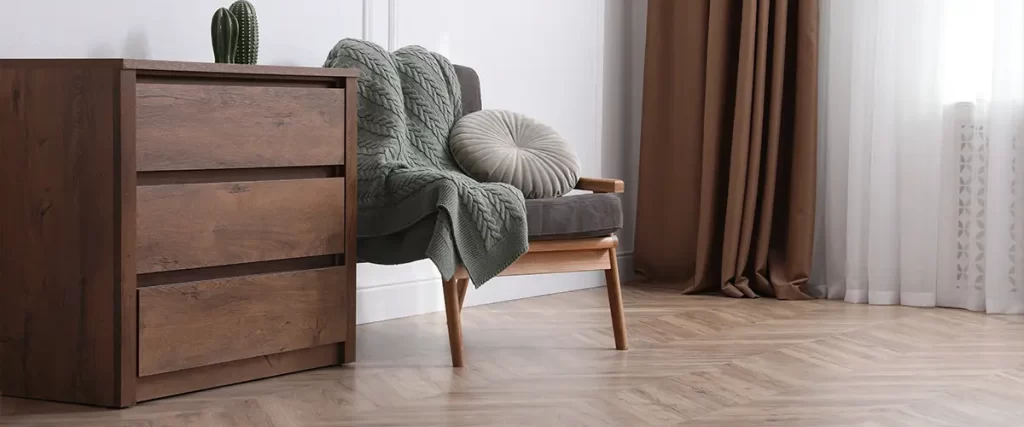
Understanding the Basics: LVP and Hardwood
First, let’s get clear on what we’re talking about. Hardwood flooring is, well, real wood. It’s classic, timeless, and adds a touch of natural elegance to any space. LVP, on the other hand, is a synthetic material designed to mimic the look of hardwood.
It’s made up of multiple layers, including a wear layer, a print layer (that’s where the wood look comes from), and a core layer. Now, you might be thinking, “Why would I choose a synthetic material over real wood?” That’s a valid question, and the answer lies in the specific benefits each option offers.
The Appeal of Hardwood Flooring
Hardwood flooring is synonymous with luxury and warmth. It adds value to your home and has a unique, natural beauty that’s hard to replicate. Each plank has its own grain pattern and character, creating a one-of-a-kind look. Plus, hardwood floors can last for generations with proper care.
However, hardwood requires more maintenance. It’s susceptible to scratches, dents, and moisture damage. If you have pets or a busy household, you might find yourself constantly worrying about keeping your floors in pristine condition.
The Practicality of Luxury Vinyl Plank (LVP)
LVP has become incredibly popular in recent years, and for good reason. It’s durable, affordable, and versatile. LVP is designed to withstand moisture, making it a great choice for kitchens, bathrooms, and basements. It’s also resistant to scratches and dents, making it ideal for high-traffic areas and homes with pets.
Plus, LVP is easy to install. Many types come with a click-lock system, allowing for DIY installation. While it might not have the same natural feel as hardwood, advancements in technology have made LVP look remarkably realistic.
Top Flooring Manufacturers for LVP and Hardwood
Choosing the right manufacturer ensures you get quality and durability, whether you choose LVP or hardwood.
- Shaw Floors: Offers a wide range of LVP and hardwood options, known for innovation and style. They are a massive company with many choices.
- Armstrong Flooring: Provides durable and stylish LVP and hardwood, with a focus on moisture resistance and longevity. They have a good reputation.
- Mohawk Industries: Known for high-quality LVP and hardwood, offering a variety of designs and finishes. They focus on quality and design.
- COREtec Floors: Specializes in waterproof LVP, with a focus on durability and easy installation. They are a popular LVP brand.
- Bruce Hardwood Floors: A trusted name in hardwood flooring, offering a variety of solid and engineered options. They are a well-known hardwood brand.
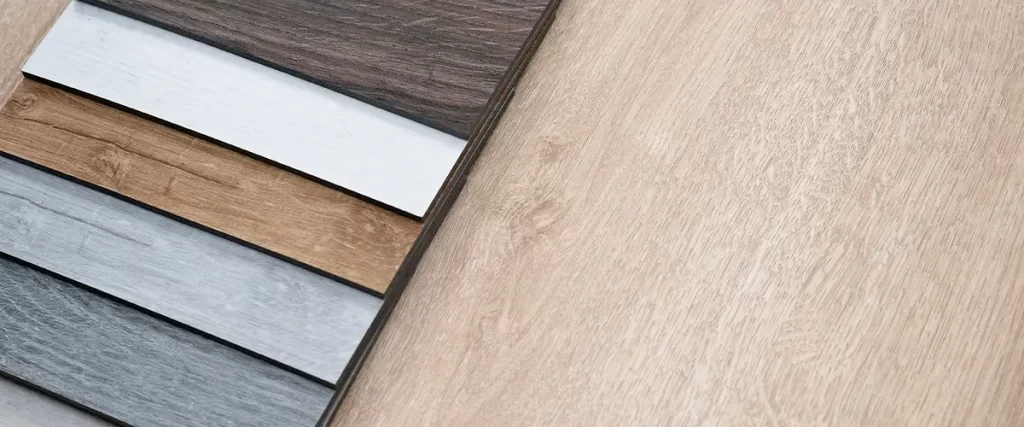
Key Differences: LVP vs Hardwood
Let’s dive deeper into the specific differences between LVP and hardwood.
Appearance
- Hardwood: Offers a natural, authentic wood look with unique grain patterns.
- LVP: Mimics the look of hardwood with realistic print layers and textures.
Durability
- Hardwood: Susceptible to scratches, dents, and moisture damage. Requires regular maintenance.
- LVP: Highly durable, resistant to scratches, dents, and moisture. Ideal for high-traffic areas.
Maintenance
- Hardwood: Requires regular cleaning, occasional refinishing, and careful moisture control.
- LVP: Easy to clean with simple sweeping and mopping. Requires minimal maintenance.
Installation
- Hardwood: Requires professional installation. Can be more time-consuming and costly.
- LVP: Easier to install, often with a click-lock system for DIY installation.
Cost
- Hardwood: Generally more expensive, both in terms of materials and installation.
- LVP: More affordable, offering a budget-friendly option without sacrificing style.
Moisture Resistance
- Hardwood: Vulnerable to moisture damage. Not suitable for high-moisture areas.
- LVP: Highly moisture-resistant. Suitable for kitchens, bathrooms, and basements.
Choosing the Right Flooring for Your Lifestyle
Your lifestyle plays a crucial role in determining which flooring is right for you. Consider the following factors:
High-Traffic Areas
If you have a busy household with kids and pets, LVP might be the better choice. It’s designed to withstand heavy foot traffic and accidental spills.
Moisture-Prone Areas
For kitchens, bathrooms, and basements, LVP’s moisture resistance makes it a practical option. Hardwood is not recommended for these areas.
Aesthetic Preferences
If you prioritize the natural beauty and timeless appeal of real wood, hardwood is the way to go. However, if you want a similar look with added durability, LVP offers realistic alternatives.
Budget Considerations
LVP is generally more budget-friendly, making it a great option for homeowners looking to upgrade without breaking the bank.
Maintenance Requirements
If you prefer low-maintenance flooring, LVP is the clear winner. Hardwood requires more upkeep to maintain its pristine condition.
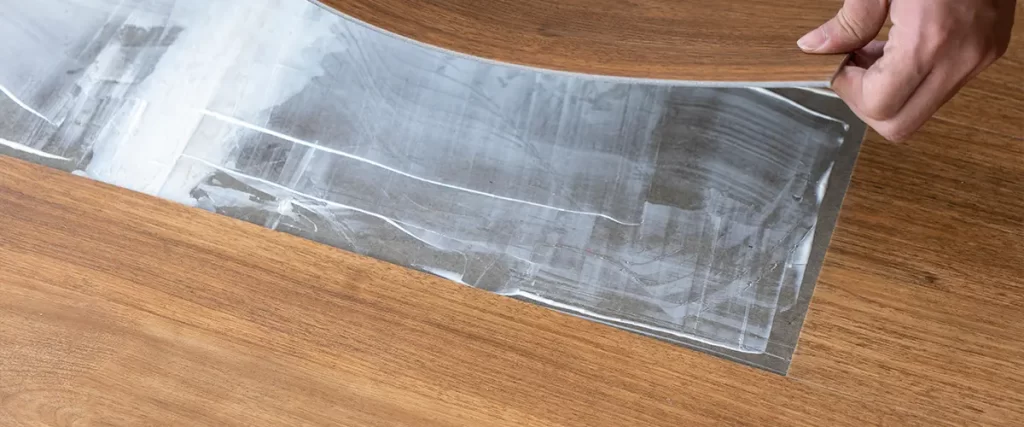
Installation and Maintenance Tips
Regardless of which flooring you choose, proper installation and maintenance are essential for longevity.
Hardwood Installation Tips
- Acclimation: Allow the wood to acclimate to your home’s environment for several days before installation.
- Subfloor Preparation: Ensure the subfloor is clean, level, and dry.
- Professional Installation: Hire experienced professionals to ensure proper installation.
LVP Installation Tips
- Subfloor Preparation: Ensure the subfloor is clean and level.
- Click-Lock System: Follow the manufacturer’s instructions for the click-lock system.
- Expansion Gaps: Leave appropriate expansion gaps around the perimeter of the room.
Maintenance Tips for Both
- Regular Cleaning: Sweep or vacuum regularly to remove dirt and debris.
- Use Appropriate Cleaners: Use cleaners specifically designed for your flooring type.
- Protect Against Scratches: Use felt pads on furniture legs and trim pet nails.
Making the Final Decision
Choosing between LVP and hardwood ultimately comes down to your personal preferences, lifestyle, and budget. Both options offer unique benefits and can transform your home’s aesthetic.
If you’re looking for a durable, low-maintenance, and budget-friendly option, LVP is an excellent choice. If you prioritize the natural beauty and timeless appeal of real wood and are willing to invest in maintenance, hardwood is the way to go.
FAQ: Luxury Vinyl Plank vs Hardwood
Is LVP completely waterproof?
While LVP is highly water-resistant, some types are not completely waterproof. Look for LVP that is specifically labeled as waterproof for areas with high moisture.
Can hardwood floors be refinished?
Yes, solid hardwood floors can be sanded and refinished multiple times, extending their lifespan. Engineered hardwood can sometimes be refinished, depending on the thickness of the wear layer.
Does LVP add value to my home?
Yes, LVP is a popular choice among homeowners and can add value to your home due to its durability and aesthetic appeal.
How long does LVP flooring last?
With proper care, LVP flooring can last 15-25 years or more.
Is hardwood flooring suitable for basements?
No, hardwood flooring is not recommended for basements due to the high moisture levels. LVP is a better option for basements.
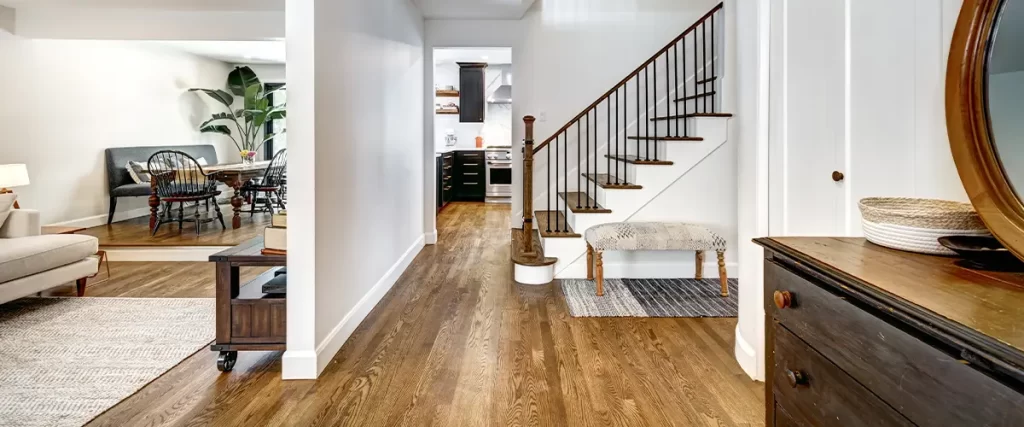
Trust Our Experienced Professionals
Our team has been delivering top-notch flooring services for years. Working with experts ensures exceptional results and long-term savings. Contact us at (843) 900-4880 to start your project today!
